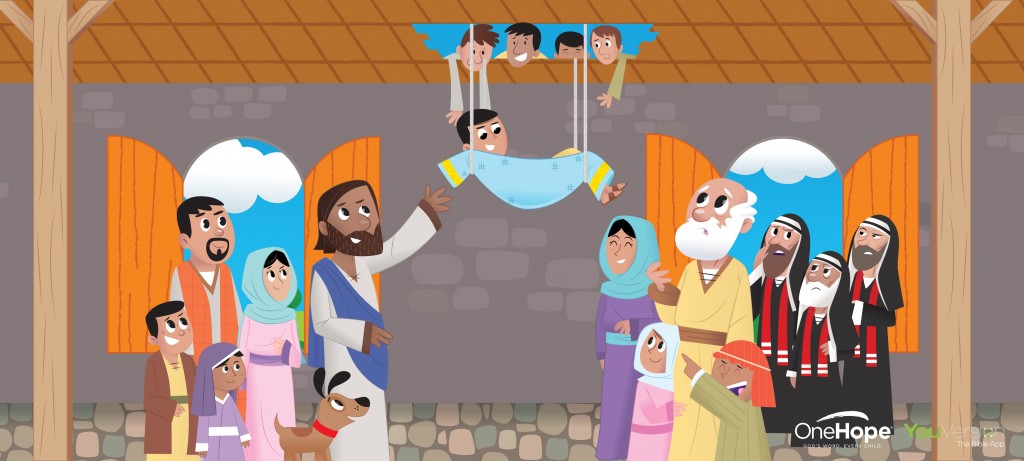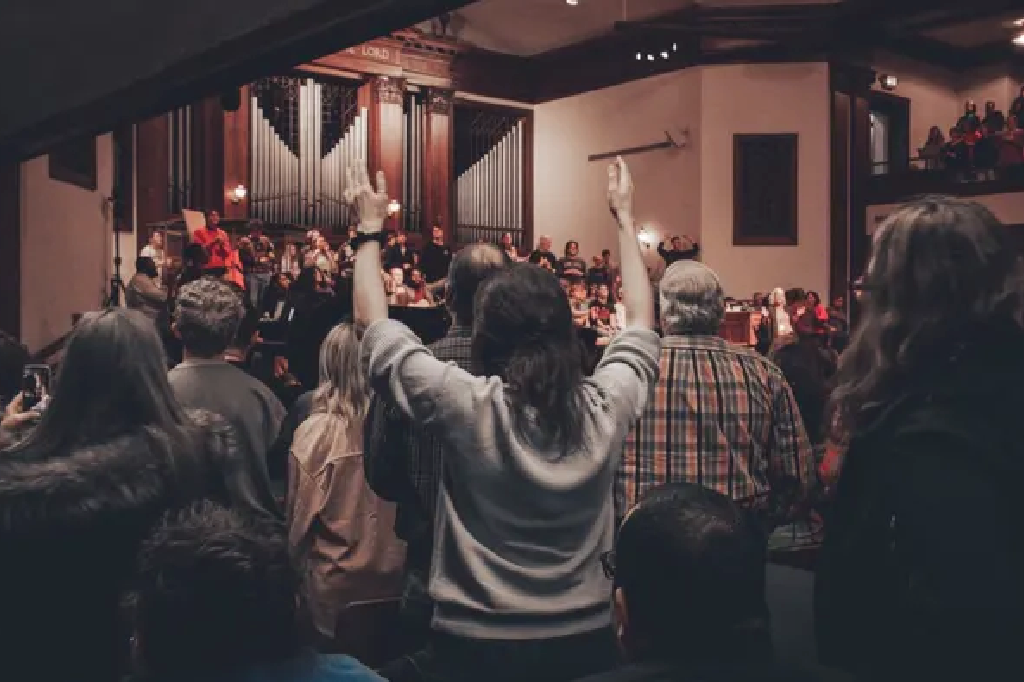The average response time after an emergency call is approximately 8 minutes or less as victims requiring resuscitation have little to no chance of survival after 10 minutes have elapsed [1].
![]() When Typhoon Haiyan wreaked havoc in the Philippines, the American public, global charities, public figures[2] and countries rallied to donate hundreds of millions of dollars [3] for aid and relief efforts within hours of the disaster.
When Typhoon Haiyan wreaked havoc in the Philippines, the American public, global charities, public figures[2] and countries rallied to donate hundreds of millions of dollars [3] for aid and relief efforts within hours of the disaster.
![]() Knowing how crucial the first 3 hours are in recovering a missing child [4], the Amber Alert system helps mobilize communities to immediately become involved in a search. Since 1996, this system has helped recover 685 children [5].
Knowing how crucial the first 3 hours are in recovering a missing child [4], the Amber Alert system helps mobilize communities to immediately become involved in a search. Since 1996, this system has helped recover 685 children [5].
We are inherently hardwired to respond quickly and in a big way when we perceive that danger is imminent or when disaster strikes and there is an urgent need.
Knowing this, I don’t understand why many of us are complacent knowing that millions have never heard the Gospel and are living in spiritually dangerous conditions. Why does it take a heinous crime like the Sandy Hook school shooting or 234 Nigerian girls kidnapped sparking the #bringbackourgirls campaign before we react and call for rescue? What will it take for us to be shocked into the realization of the fierce urgency of now?
Reggie Joiner illustrates the urgency of investing time with children by filling a jar with marbles—one for each week between birth and estimated high school graduation—approximately 936 in total. If you remove a marble each week, you are left with a solid and sobering picture to remind you that “WHEN YOU SEE HOW MUCH TIME YOU HAVE LEFT, YOU TEND TO DO MORE WITH THE TIME YOU HAVE NOW.” There’s even an app to calculate how much time you have left with your kids to keep the urgency in front of you and remind you to act, NOW!
When we realize what little time we have to reach and influence the next generation, we give ourselves license to be risky and innovative- to “go through the roof,” like the story of the paralytic in Mark 2.
In this story, Jesus is the only one who can see beyond physical paralysis to the deepest need in the paralytic’s life—to be forgiven of sin. The religious leaders of that time talked amongst themselves and decided that Jesus’ act was blasphemous. Perusing recent news headlines, I don’t think Bible times are much different than today.
We see children in great need everywhere; it’s innate for us to want to solve and alleviate all of their problems. But we can’t.
Only God’s love can. The best thing we can do is to bring these struggling, in danger of never-knowing-true-healing people to Jesus. I love this version of the Gospel by Liberate:
“Our kids should hear the awesome truth that when Jesus died on the cross, every sin that they have ever and will ever commit is paid for, once and for all. God’s beautiful promise to never leave them nor forsake them even when they are at their worst should comfort them daily. As a matter of fact, it was when they were at their worst that God decided he wanted them in his family! They should know that sin is so much more than the bad things we do; that it is who we are at our very core…and yet God loves us still. In other words, our kids should hear that though we are worse than we think, God is better than we dare imagine. This is hard for us to share, because we can barely believe that it’s true for us.[6]”
Everyone’s greatest need is the forgiveness of sins. Jesus meets that need, and gives not just eternal but abundant life.
Steve Murrell, president of Every Nation Churches & Ministries, Tweeted, “Some people cannot get to Jesus without the help of a small group of friends.”
The paralytic was incapable of getting himself into Jesus’ proximity. His friends—understanding the severity of the situation, the short window of time—and believing that they were needed to help facilitate the rescue, acted immediately and with fierce urgency.
What holds us back from fully engaging? Are we afraid of someone pointing a finger and accusing us of “blasphemy”?
“We are now faced with the fact that tomorrow is today. We are confronted with the fierce urgency of now. In this unfolding conundrum of life and history, there “is” such a thing as being too late. This is no time for apathy or complacency. This is a time for vigorous and positive action.”
Now is the time to rally, to be relentless in our mission to help bring the hurting and hopeless and helpless to experience the healing touch of Jesus. When we bring God’s Word to people and introduce them to Christ, we are like the paralytic’s friends crashing through a roof. We must be determined not to miss an opportunity for someone else to experience the forgiveness and hope of eternal life.
In the fierce urgency of now, who is “that person,” and how do you feel called to crash through a roof to help them meet Jesus?
You might also enjoy:
- Why Children?
- 5 simple steps to make your children’s ministry more effective
- The Bible App for Kids: this changes everything!
- Top 3 influencers for teens spiritual vibrancy
- What the church can learn from Girl Scouts cookie sales
[1] http://www.emsworld.com/article/10324786/ems-response-time-standards
[2] http://money.cnn.com/2013/11/15/pf/typhoon-haiyan-donations/
[3] http://fts.unocha.org/pageloader.aspx?page=emerg-emergencyDetails&appealID=1043
[4] Brown K., Keppel R., McKenna R., Skeen M., Weis J. Case Management for Missing Children Homicides: Report II, National Center for Missing & Exploited Children and U.S. Department of Justice, 2006.
[5] AMBER Alert, U.S. Department of Justice.
[6] http://liberate.org/2014/03/11/proclaim-the-good-news-to-children/





2 Comments
Hi Rob, great post. I have to admit for a long time I did not recognize the urgency of spreading the Gospel. Thankfully the Holy Spirit is changing that. I love the story of the four paralytics. Jesus saw the faith of the four friends so he forgave the sins of paralytic. They were the man’s mediator.
Jon- it’s so easy for all of us to both stop seeing the human need all around us and to stop seeing the greatest need of all- to have our sins forgiven by a loving savior.
~Rob